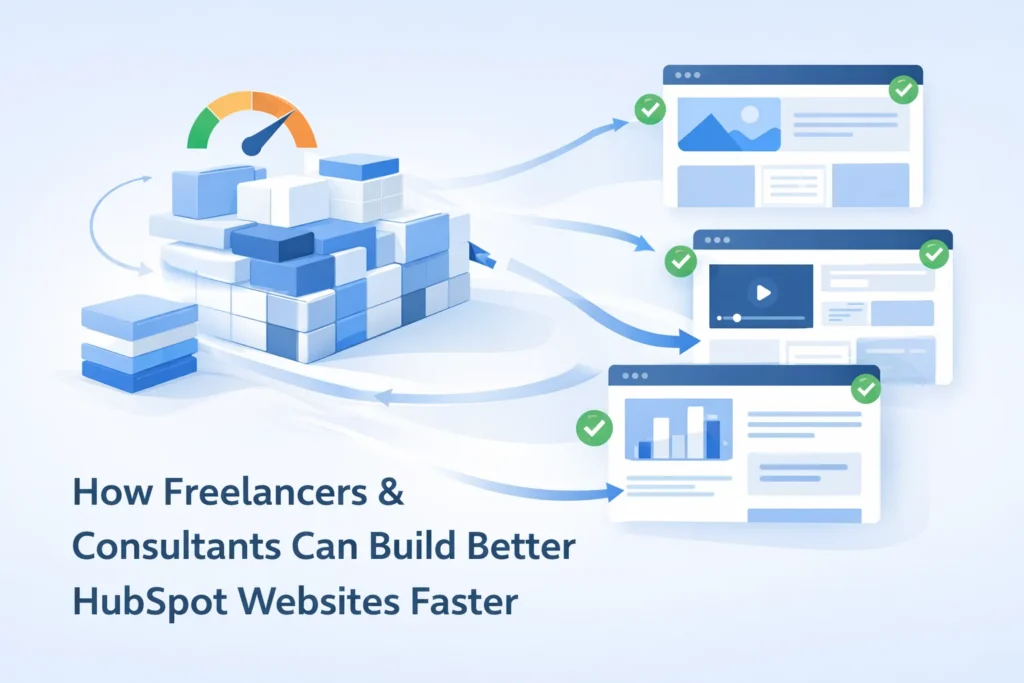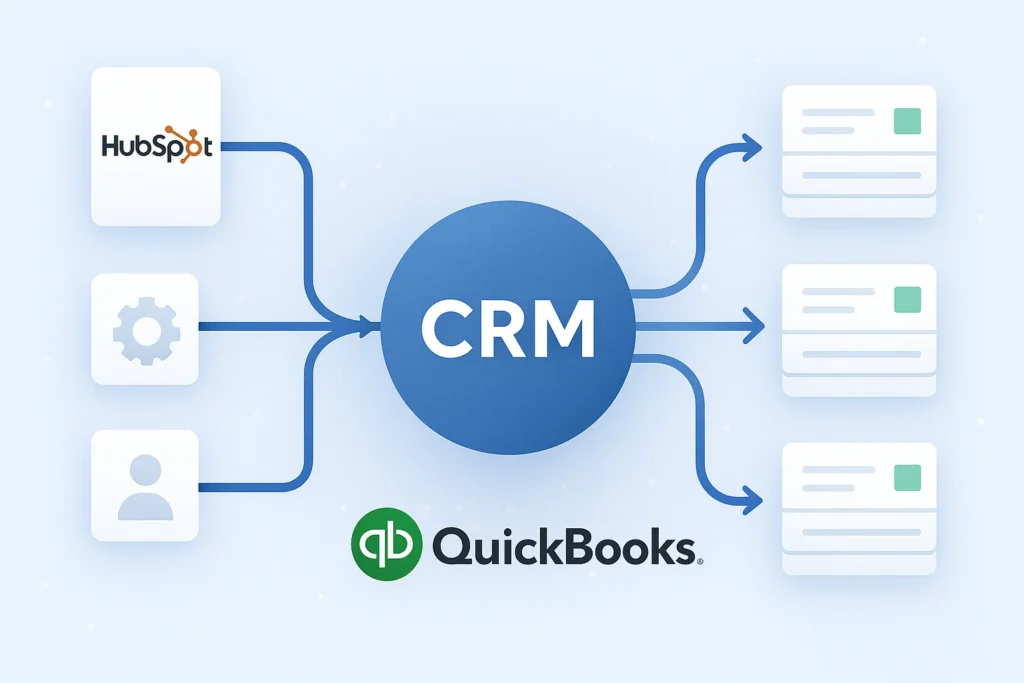Modern legal practices face many challenges, from handling complex cases and court hearings to keeping track of evidence, witness statements, and contracts. Small and mid-sized firms often feel these strains most when they do not use a dedicated law firm CRM, such as HubSpot for law firms. Below are the top problems that arise without the right tools in place.
Table of Contents
I. Disorganized Case and Document Management
Many firms save pleadings, deeds, agreements, and evidence files in separate folders or on different drives. This scattered approach forces lawyers and assistants to spend hours searching for the latest contract version or court document. When documents go missing, it can cause missed hearing dates or incomplete witness disclosures. Clients lose confidence, and case outcomes suffer when teams cannot find what they need.
II. Missed Notifications and Deadline Risks
Court schedules are strict. Missing a notification about a hearing, filing deadline, or service requirement can lead to sanctions or loss of rights. Relying on spreadsheets, sticky notes, or email reminders means critical deadlines slip through the cracks. In a busy environment where a single missed date can become a malpractice issue, the lack of automated alerts from CRM software for lawyers is a serious liability.
III. Fragmented Communication with Clients and Other Parties
Throughout a case—from intake to settlement—clear communication is essential. Yet many firms juggle client emails, phone notes, and messages from opposing parties across different channels. This confusion leads to repeated information requests, delayed updates on evidence status, and uncertainty over whether the lawyer or assistant last spoke with the client. Frustrated clients and unhappy opposing parties hurt a firm’s reputation.
IV. Inefficient Task Delegation and Tracking
Legal work involves lawyers, paralegals, and administrative staff all working together. Assigning tasks such as scheduling a hearing, interviewing a witness, drafting a contract amendment, or preparing deed packages often happens by word of mouth or informal emails. Without visibility into who owns each task, deadlines get missed and accountability disappears. Assistants end up scrambling, and lawyers lose track of what needs to be done next.
V. Complex Billing and Contract Management
Law firm billing can include hourly rates, flat fees, and contingency agreements. Tracking billable hours across multiple cases then creating invoices is painful when timesheets live in standalone spreadsheets. Managing multiple versions of client contracts or partnership agreements without version control creates risks—overlooked clauses, conflicting amendments, and billing disputes all become daily headaches without an integrated legal CRM.
VI. Limited Visibility and Inadequate Reporting
Partners need insights to make smart decisions: Which practice areas generate the most revenue? How long does each case type take? What is the average time to collect payment? Without built-in reporting tools, these questions go unanswered. Firms without legal CRM software rely on guesswork rather than real-time dashboards that show case counts, billing data, and client satisfaction scores.
VII. Security and Compliance Gaps
Law firms handle highly sensitive information, including privileged client communications, witness statements, evidence records, and deed transfers. A single data breach or accidental disclosure can violate ethics rules and damage client trust. Smaller firms without enterprise-level encryption, role-based access controls, and audit trails—features standard in the best CRM for small law firms—are especially at risk of compliance failures.
Summary of Core Problems
Without a dedicated law firm CRM, practices face:
- Chaos in managing cases, documents, deeds, and contracts
- High risk of missing court notifications, hearing dates, and filing deadlines
- Disjointed communication among lawyers, assistants, clients, and other parties
- Poor task tracking that leaves responsibilities unclear
- Complicated billing and no contract version control
- No clear reporting to measure firm performance
- Weak security measures that threaten confidential data
Conclusion and Next Steps
These challenges show why investing in a dedicated law firm CRM or exploring HubSpot for law firms is crucial. By centralizing case information, automating deadline reminders, and securing every piece of evidence, agreement, and contract, your firm can remove administrative hurdles and focus on delivering excellent legal services.
Connect with an experienced law firm CRM expert today to assess your needs, explore the best CRM for small law firms, and implement a legal CRM solution that keeps your cases on track and your clients happy. Discover our full solution for law firms here.






 Blog
Blog Case Studies
Case Studies Career
Career